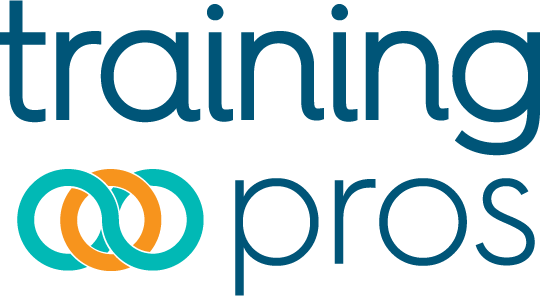
Sandra Clarke
Vice President, Finance and Chief Financial Officer
DAIICHI SANKYO
Sandra Clarke is the CFO and Vice President of Finance for Daiichi Sankyo, Inc. Sandra has served in numerous roles within the healthcare industry and has more than 20 years of experience in finance and accounting. Her background includes diverse leadership positions with companies including Philips Healthcare and Siemens Water Technologies. Sandra holds a Bachelor of Science in Management from MIT and a Master of Science in Accounting from Bentley University.
Sandra will be one of the distinguished speakers at the 6th Semi-Annual Life Science Financial Forum.
Why are the 6th & 7th Semi-Annual Life Science Financial Forums important to financial executives?
I appreciate the opportunity to hear from other senior leaders in Life Sciences about their challenges and their solutions. It inspires me, and I often take away nuggets that I can use in my company.
What initiatives are on the horizon at your organization for the financial department in 2015-2016?
We have many, but key areas include process re-engineering and improved cash management.
How do you believe the evolving healthcare landscape has affected product pricing and value discussions?
As payers consolidate, the pressure on pharma companies increases to show the value of their branded products and to provide attractive pricing. Both areas are important; you can’t offer just one anymore.
How has the increase in consolidation/M&A affected the life science industry?
The increase in consolidation is creating a bigger differentiation in size. Mega companies have different issues and challenges than small and medium sized companies. It will be interesting to see if it impacts our ability to align behind priorities as an industry. The increase in M&A has also driven valuations and purchase prices to incredibly high levels. The pressure to realize a return on these deals is higher than ever.
What are three key areas to examine when assessing financial and operational risk?
Does it make sense for the business long term? Can I quantify and/or mitigate the bulk of the risk? What’s the potential return?
How do you see the trend of tax inversion evolving over the next several years?
I expect we will continue to see a lot of publicity around companies that choose to invert, but I am sceptical there will be any change in legislation to impede the process.
And finally, what keeps you up at night?
Pharma is a tough industry right now. We are pretty low in public perception. How do I attract and retain high quality finance employees whose skills are applicable in many (more appealing) industries?





